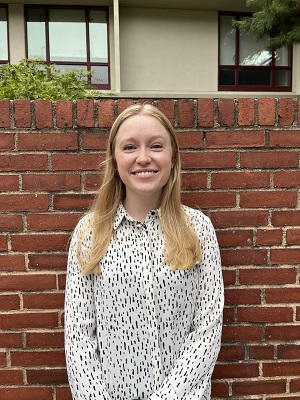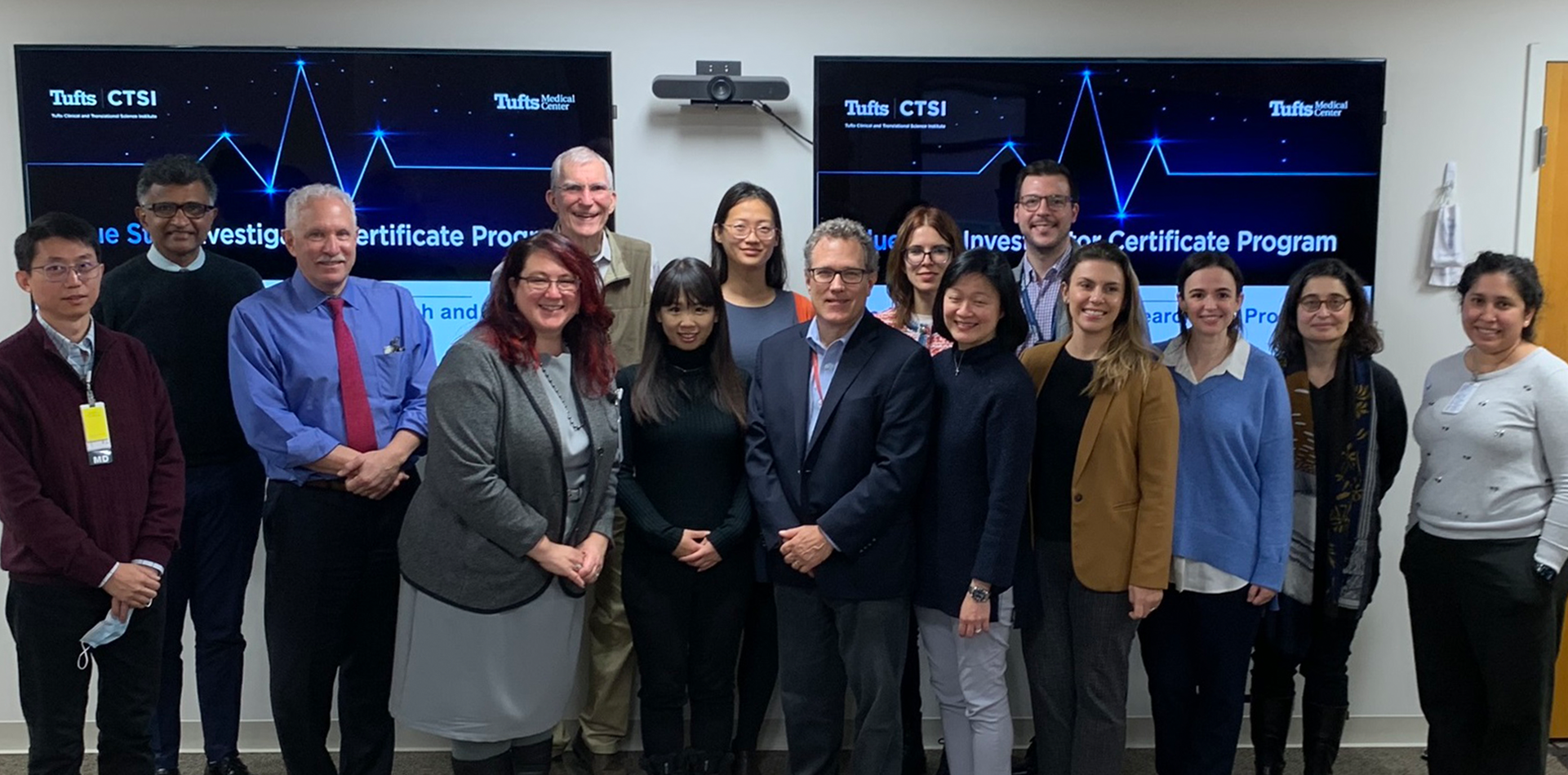The Center for Quantitative Methods and Data Sciences, in partnership with the Biostatistics, Epidemiology and Research Design (BERD) Center and the Data-Intensive Studies Center (DISC) will host a Zoom seminar series on the fourth Wednesday of the month from 2:00-3:00PM.
The first session on Wednesday, September 23 will feature Karin Knudson, PhD, Senior Data Scientist with DISC. She will speak about the estimation of ataxia severity and disease classification from wearable sensor recordings.
Abstract
Wearable sensor data offer the potential for rich and interpretable descriptions of behavioral characteristics of ataxia and other neurodegenerative diseases. High quality behavioral biomarkers are important for understanding disease progression, assessing efficacy in clinical trials, and supporting early diagnosis and targeted interventions. In this talk we present methods for using accelerometer and gyroscope time series data from wearable sensors in order to accurately distinguish patients with ataxia from healthy controls and to estimate disease severity. We combine information from an autoregressive hidden Markov model variant and time-frequency analysis to create a flexible, extensible, and meaningful quantitative description of movement and to perform severity estimation and disease classification with short periods of data collection.
Faculty
Dr. Knudson is a Senior Data Scientist with the Tufts Data Intensive Studies Center (DISC). Her research has involved the development and application of methods from machine learning, Bayesian statistics, and compressive sensing, particularly to neural data. Before joining Tufts, she was a Research Fellow in the Department of Neurology at Massachusetts General Hospital and Harvard Medical School, and was previously the Chair of the Department of Mathematics, Statistics, and Computer Science at Phillips Academy. She completed her PhD in Mathematics at the University of Texas at Austin.
Details
Date: Wednesday, September 23, 2020, 2:00-3:00PM
Location: Zoom video conference.



